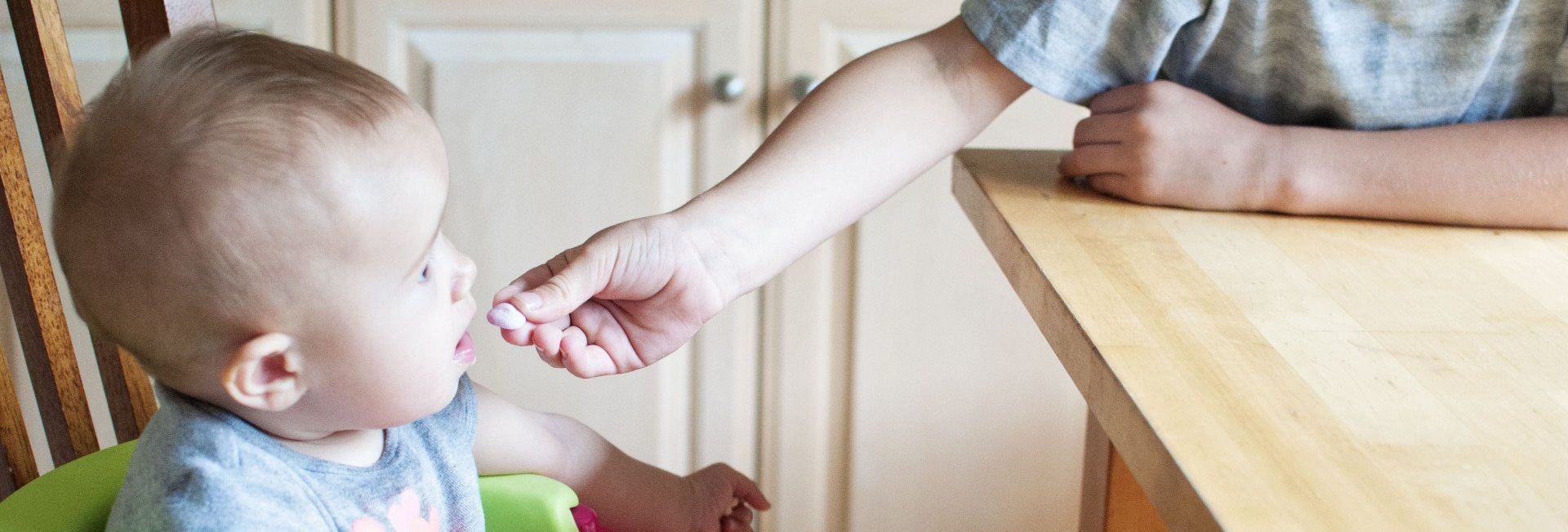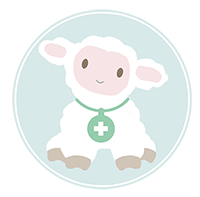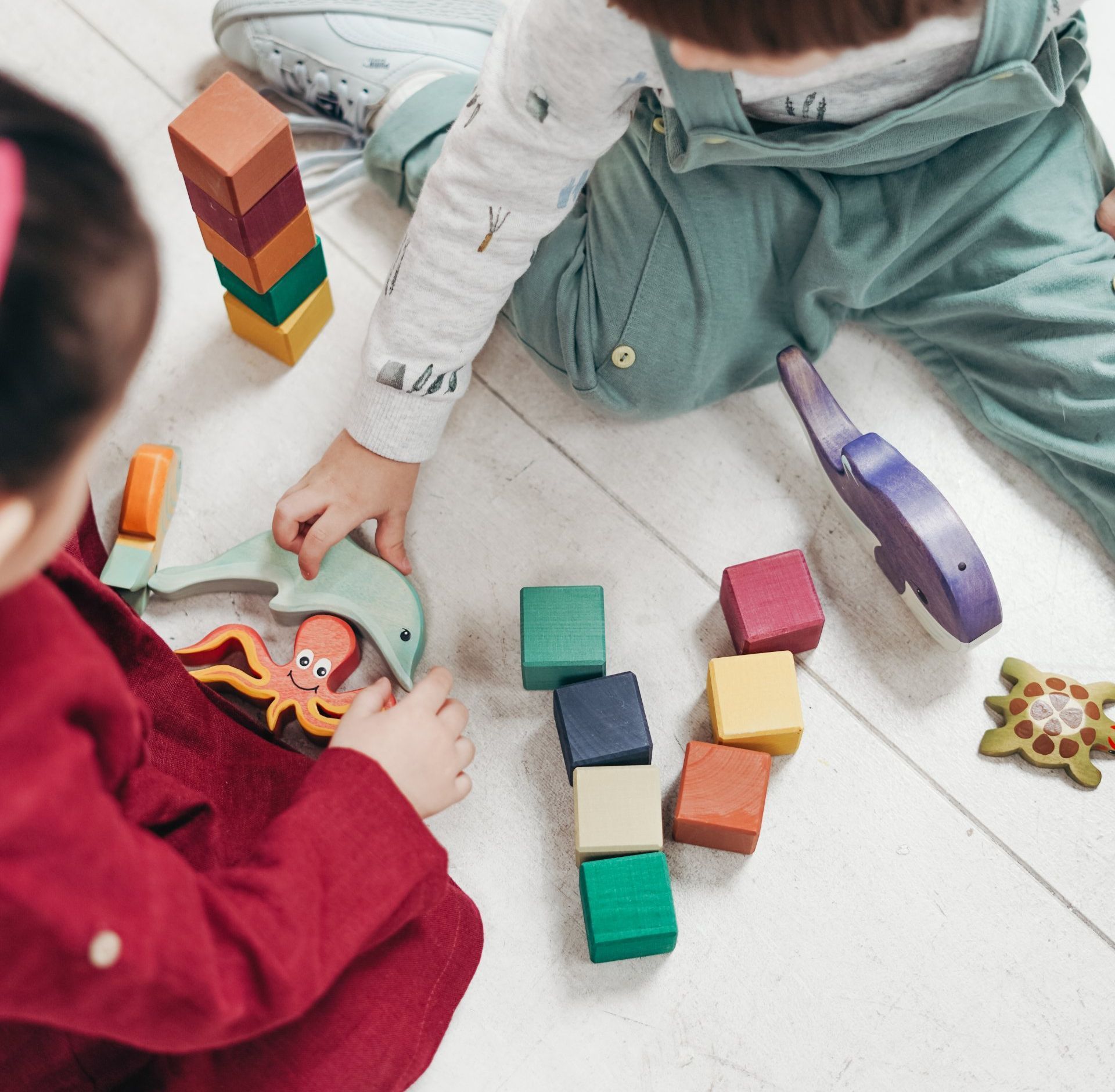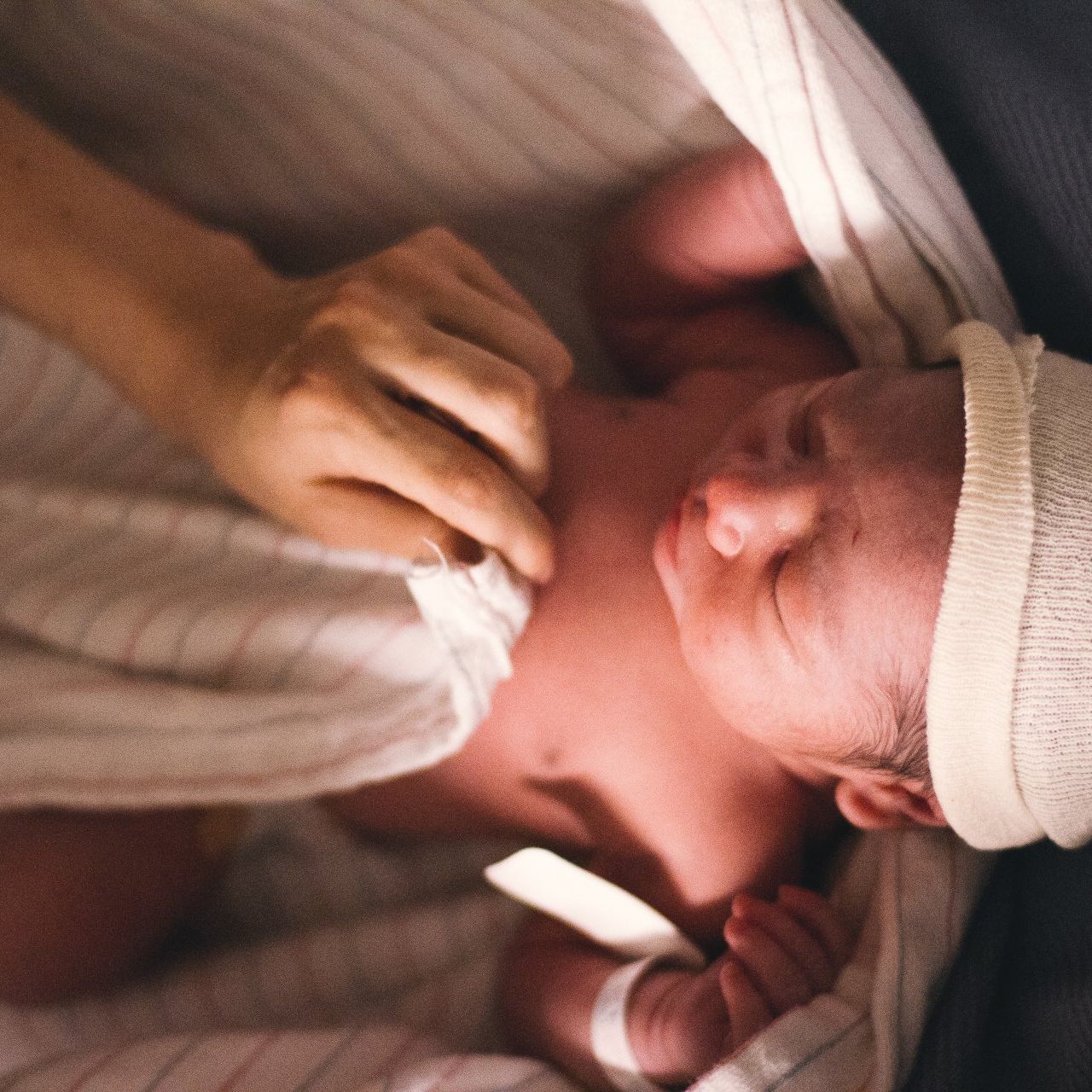Choking Hazards in the Home
Keeping Your Little Lambs Safe

Hello, wonderful parents and caregivers! Today, we're delving into an essential topic that every parent should be well-versed in – choking hazards and first aid for babies and children. At Little Lambs First Aid, we understand the importance of keeping your little ones safe and sound, and we're here to provide you with the knowledge and skills you need to protect your precious ones.
Understanding the Significance of Choking Hazards
Babies and children are naturally inquisitive, exploring the world around them with boundless curiosity. However, this curiosity can sometimes lead them to put small objects or food into their mouths, making choking incidents a common concern. As caregivers, it's our responsibility to create a secure environment and to be well-prepared in case of accidents.
Recognizing Common Choking Hazards
Small
Objects:
Keep a watchful eye on small items such as coins, buttons, marbles,
and tiny toy parts. Babies and toddlers have a penchant for putting everything
in their mouths.
Food:
Young children can choke on a variety of foods, particularly those that are
hard, round, or sticky. Items like grapes, hot dogs, popcorn, and nuts should
be cut into small, manageable pieces.
Toys:
Ensure that your child's toys are age-appropriate and free from small parts
that could be dislodged.
Balloons:
Deflated or broken balloons can be a choking hazard. Always supervise children
when playing with balloons and dispose of any broken ones promptly.
Cords and
Strings:
Keep cords from blinds and curtains out of reach. Children can easily
become entangled or accidentally strangle themselves.
Small
Household Items:
Items like screws, nails, and safety pins should be securely
stored away from children's reach.
First Aid for Choking
Choking can be a harrowing experience, but knowing what to do can make all the difference. Follow these steps in the event of a choking incident:
For Babies (Under 1 Year Old):
1. Assess
the Situation:
If your baby is choking, stay composed and assess the situation.
Look for signs of choking, such as difficulty breathing or weak coughing.
2. Back
Blows:
Lay your baby face down over your forearm and give them five firm back
blows between the shoulder blades with the heel of your hand.
3. Chest
Thrusts:
If back blows don't work, turn your baby over onto their back and give
them five chest thrusts using two fingers, just below the nipple line.
4. Continue
Alternating:
Keep alternating between back blows and chest thrusts until the
object is expelled, or your baby starts to breathe, cough, or cry.
5. Call for
Help:
If the choking persists, dial 999 or your local emergency number.
For Children (1 Year and Older):
1. Assess the Situation: Again, stay calm and assess the situation. Look for signs of choking, such as difficulty breathing or weak coughing.
2. Abdominal Thrusts (Heimlich Maneuver): Stand behind the child and wrap your arms around their waist. Make a fist with one hand and place it just above the child's navel. Grab your fist with your other hand and give quick, upward thrusts until the object is expelled.
3. Call for
Help:
If the child is still choking, dial 999 or your local emergency number.
Choking Prevention
Prevention is always the best approach. Here are some tips to reduce the risk of choking in your little ones:
Supervision:
Always supervise your children during mealtime and playtime.
Cut Food
into Small Pieces:
Ensure that food items are cut into age-appropriate pieces
to prevent choking.
Toy
Safety:
Check toys for small parts and age recommendations before purchasing.
Secure
Hazardous Items:
Keep small objects, cleaning supplies, and medications safely
out of reach.
CPR and
First Aid Training:
Consider enrolling in a first aid and CPR course to equip yourself with the knowledge and skills to handle emergencies.
At Little Lambs First Aid, we believe that every parent and
caregiver should feel confident in their ability to protect and care
for their children. Remember, knowing what to do in a choking emergency can be
a lifesaver. We hope this information helps you keep your little lambs safe and
sound. Stay safe and happy parenting!
If you are looking for baby and child first aid in Wirral, Liverpool and surrounding areas, then please do not hesitate to get in touch via our contact page or click HERE
to view our timetable of courses (opens in a new window).




